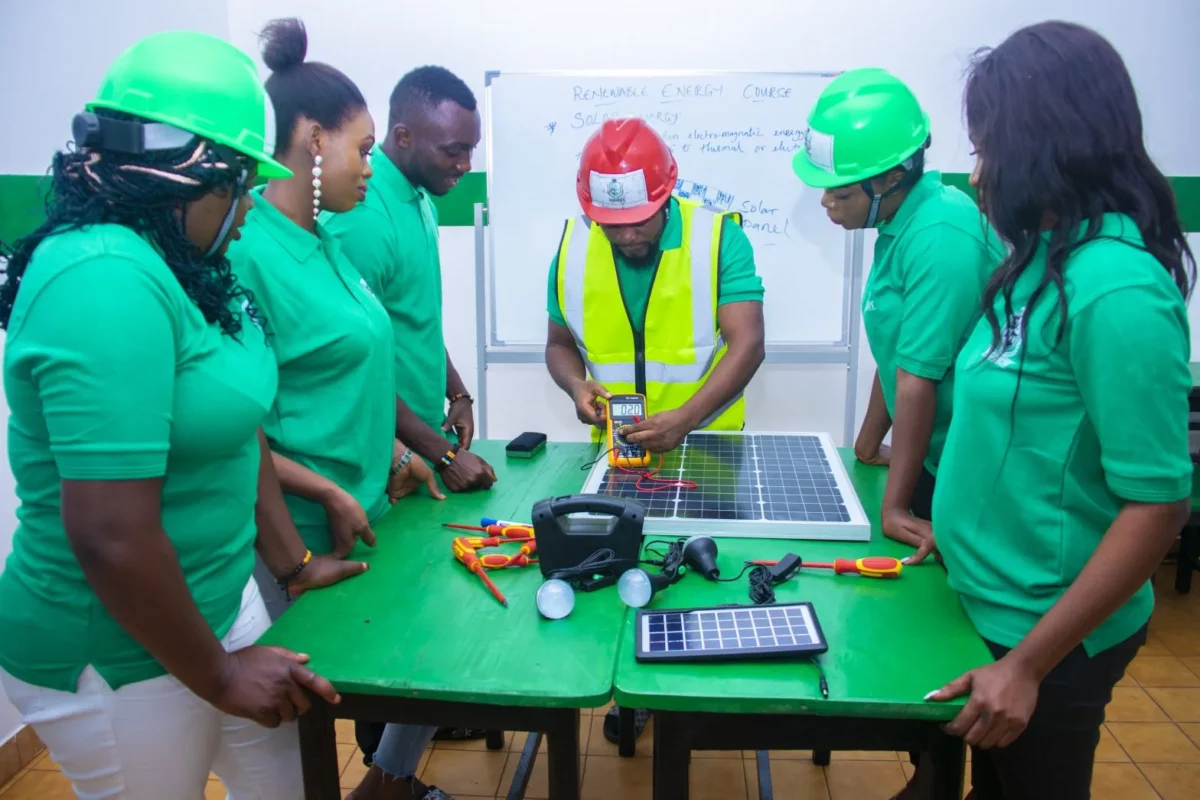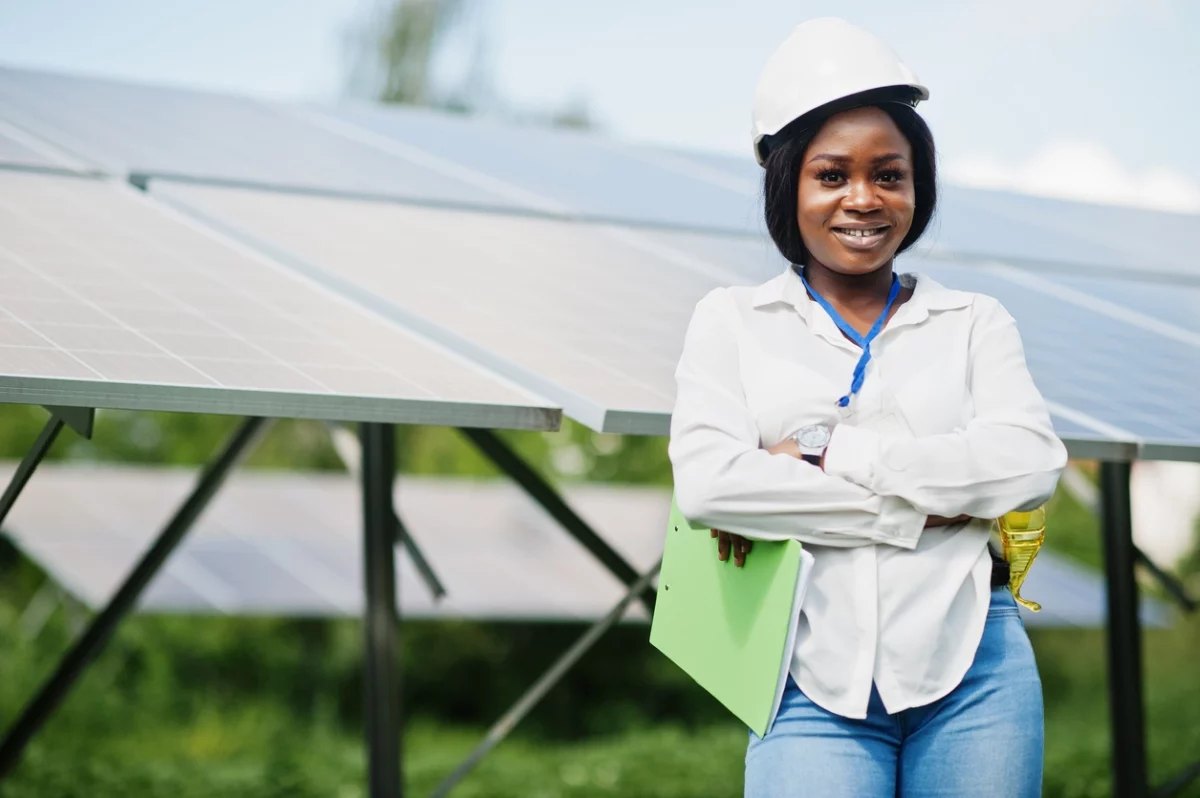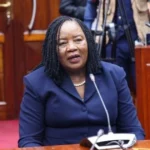The race to combat climate change has never been more urgent. What with the increased hurricanes wildfires, droughts, and floods? Hence informing the transition to clean energy.
The transition to clean and secure energy and efforts to combat climate change hinge on several key factors. One such critical element is closing the gender gap to fully include women in the renewable energy sector’s technical, scientific, and business development.
Diversity is a key driver of innovation and progress. Despite the renewable energy sector holding vast potential for women’s participation, evidence reveals an ongoing under-representation of women across the renewable energy value chain.
According to IRENA’s World Energy Transitions Outlook 2022 report, by 2030 there will be 139 million jobs in the energy sector worldwide. Of those jobs, 38.2 million will be in renewable energy and 74.2 million in other energy transition-related sectors.
Moreover, renewable energy could account for more than 60 percent of new power generation in Sub-Saharan Africa by 2040, excluding South Africa, according to the Africa Energy Outlook 2019 from the International Energy Agency
This offers a chance to reskill and upskill a varied and balanced transition workforce. Leveraging women’s participation as change agents can encourage, influence, and speed up the energy transformation.
According to the International Renewable Energy Agency, women lag behind men in leadership and technical jobs in the renewable energy sector and represent just one-third of the renewable energy workforce worldwide.
The gender gap is driven by unequal access to education, limited access for women to technical skills and training opportunities, as well as unfair company policies, among other factors.

Significant, large-scale initiatives are essential to equip women with the necessary training and skills to participate as energy professionals in emerging sectors actively. These efforts are crucial for narrowing the gender diversity gap, fostering greater inclusivity, and ensuring women’s meaningful engagement in the rapidly evolving energy landscape.
The skilling of women, particularly in the Science, Technology, Engineering, and Mathematics (STEM) fields, holds utmost importance. Empowering women with STEM education and training is vital to ensure their active participation in the renewable energy sector.
Thankfully, stakeholders in the energy sector are stepping up to foster an inclusive working environment and tap into the potentially big economy.
For instance, the International Finance Corporation is working with large companies and small firms across Sub-Saharan Africa to close gender gaps and increase women’s participation in the renewable energy sector. This enables companies improve their business performance, foster innovation, attract more talent, and engage better with communities. It also creates more economic opportunities for women.
“Enhancing women’s participation in the renewable energy sector is not only about employing more women, it is also about promoting women’s entrepreneurship through corporate supply chains and community engagement and investment strategy. IFC will work with companies to reduce these gender gaps,” said Anne Kabugi, IFC’s Regional Gender Lead for Africa.
Under a four-year Energy2Equal initiative, launched in partnership with the Government of Canada, IFC will partner with private sector renewable energy companies to expand women’s access to jobs, leadership positions, and entrepreneurial opportunities in corporate value chains within the renewable energy space.
“Promoting the participation of women in the renewable energy sector is vital as the sector plays a bigger role in helping to provide access to energy for all,” said Jennifer Boca, Head of Environmental, Social, and Governance at Africa-focused renewable power generation company Lekela, which is part of over 11 participating companies in the initiative.
“Having more women sharing their views, skills, and competencies will guarantee the sustainability and broader impact the sector can have in terms of job creation and community development,” she says.
Through a peer-learning platform, companies should come together to learn, network, and exchange best practices while implementing gender-smart solutions in their businesses.
Read Also: Unknown Negative Environmental Impacts of Solar Energy
















